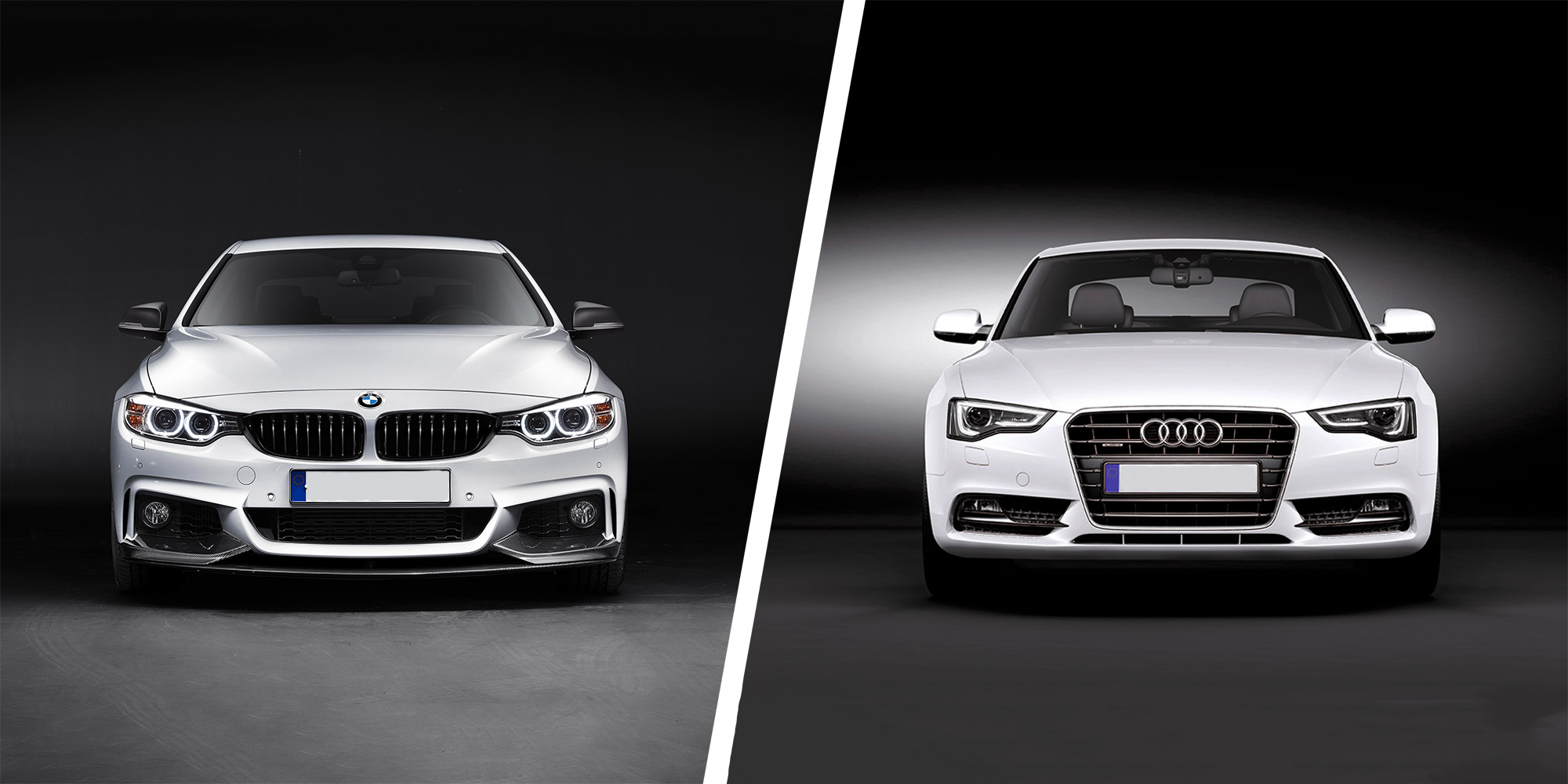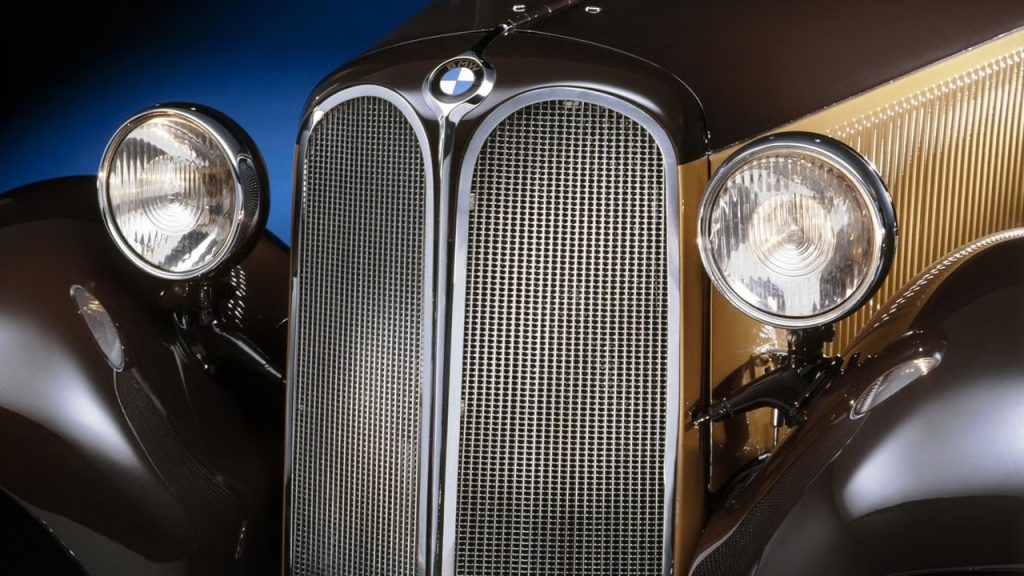If you have a spare tire lying in your driveway waiting for you, or your engine going hopelessly out of whack, you may have begun to wonder, Which German car is the most reliable? That question can be answered only partially. You have to put aside the question of who makes the best German cars, and the question of which manufacturer made the most reliable internal combustion engine. (You can argue that the Toyota Celica is the best Japanese car ever made, but it still has to compete with millions of Japanese cars, most of which are much more affordable, and many of which are far less fuel-efficient.) Instead, you have to concentrate on the engine, and how long the engine lasts.
What do experts agree on, and what are the common-sense rules of thumb when it comes to buying a dependable German car? According to most experts, the engine is the single most important factor in any car’s dependability. The bigger the engine size, the longer the car’s potential for dependability. Which German car is most reliable? According to most specialists, the cars with the least number of engines (engine size x number of cylinders) are the most reliable cars. In fact, some experts say that four-stroke engines are the most reliable, and a four-stroke engine is usually five horsepower or less.
So if you want to buy a dependable German car, it is important to first understand the answer to the question, “Which German car is the most reliable?” It depends on the type of engine: the V-generation engines, or the EA or supercharged engines, the two most popular types; the block or direct-vent engine, which has a big bore; the gasoline engines, which use oil; and the diesel engines, which have a lot more power than their gasoline counterparts. A diesel engine is by far the most reliable on the market today, and many drivers swear by them, even though they cost more than gas-powered engines. There is no clear winner when it comes to dependability, so you might have to choose a German car that you like the most, regardless of engine type.
Are Audi better than BMW?
This is an argument that has been argued for many years between the two manufacturers, but there seems to be some truth to the question. It’s not always easy to make a distinction between the two luxury brands, but there are some differences between the two that you just can’t help but notice. For example, the X5 and X3 SUV models from both cars share the same standard design language as well as a few basic features, like front wheel drive and dual zone climate control. But are Audi better than BMW? There are some clear benefits to choosing an Audi over a BMW, and in this article we’ll go over those benefits and see if they outweigh the advantages of owning either car.
If you have a taste for luxury that goes beyond the average family car, then you might want to consider an Audi. They tend to have higher performance engines and an overall feel that make you feel good every time you drive them. For those who love the sporty model features that BMW cars offer, an Audi can offer that without the sporty overtones. If you are looking for a family car that you can drive to church or the beach, then it might be a good idea to go with a BMW. However, many people choose to own an Audi because of their overall value. The Audiatech x1, for example, is one of the more affordable cars in the class of sedans, so it’s easy to see why people think that an Audi is a better car.
However, there are a few things that you should know about the two luxury brands before making your final decision. First, it is probably fair to say that the U.S. market is less competitive than the German one, so you will probably pay higher prices for models here. Second, the British have more models available than the Germans do, so you should have a good choice here as well. Finally, if you enjoy a quiet, classy ride, then an Audi may be a better fit for you. You should make sure that these factors are all taken into account when deciding whether or not an Audi is better than a BMW.

Why should I buy a BMW?
The first question that most people ask about when they are considering buying a new car is “Why should I buy a BMW?”. This question has two answers, the first being its overall superior performance and the second being its unique features that set it apart from other cars in its class. When you compare a normal four-door sedan with a BMW you will find that a BMW has a much longer wheelbase, which is why it has an apparent edge when it comes to handling. Also the interiors of a BMW are much more comfortable than those of ordinary sedans. The body lines of a BMW are also much curvier and much more sporty looking than those of sedans, making it the sports car that many teenagers want to be seen driving. All these factors combine to make a BMW the car of choice of many people.
However, not everyone considers these things while choosing a car and one of the main reasons behind this is the financial costs involved. If you are going to purchase a BMW, one of your biggest considerations has to be the price tag associated with it. In recent times the average car prices have dropped drastically and one of the main reasons behind this is the rising popularity of BMW’s. So if you are planning to purchase a BMW, you can be sure that you are not going to have to spend a large amount of money on it.
However, that does not mean that there are no practical issues associated with buying a BMW. The higher speed of the cars does put a greater strain on the brakes and the handling, as well as the fuel consumption, is also greater than for most cars in their class. However, this is not going to put a huge dent in your finances as you can look at leasing options that many car dealers offer today. There are a lot of leasing companies that are willing to offer you good deals on BMW cars and the best thing about these deals is that you can easily find out about them before you finalize your decision.

